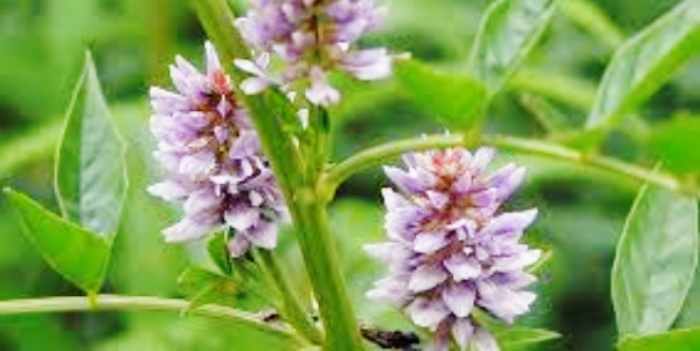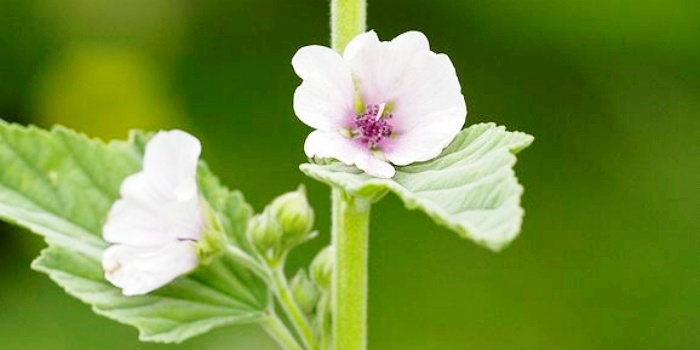- Welcome visitor you can login or create an account.
- My Account
- Wish List (0)
- Shopping Cart
- Checkout
Marshmallow & Liquorice in pandemic world
According to the study, the benefits and risks assessment of the medical herbs
was found to be positive in five cases,
such as Althaea officinalis, Commiphora molmol, Glycyrrhiza glabra,
Hedera helix, and Sambucus nigra.
The other 12 cases are promising, and unknown for the rest.
This research was driven to provide a benefits/risks assessment
of selected herbal medicines traditionally indicated for “respiratory diseases”
within the current frame of the COVID-19 pandemic as an adjuvant treatment.

From the study, it suggests that several medical herbs have safety margins
superior to those of reference drugs and enough levels of evidence to start a clinical discussion
about their potential use as adjuvants in the treatment of early/mild common flu
in otherwise healthy adults within the context of COVID-19.
While these herbal medicines will not cure or prevent the flu,
they may both improve general patient well-being and offer them
an opportunity to personalize the therapeutic approaches.

For further details, refer to the Source: Silveira D, Prieto-Garcia JM, Boylan F,
Estrada O, Fonseca-Bazzo YM, Jamal CM, Magalhães PO, Pereira EO, Tomczyk M, Heinrich M (2020)
COVID-19: Is there evidence for the use of herbal medicines as adjuvant symptomatic therapy?
Front. Pharmacol. 11:581840. doi: 10.3389/fphar.2020.581840



